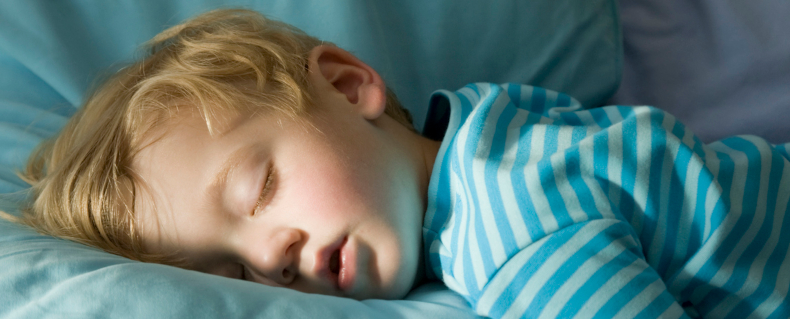
San Francisco and Marin CA
Nocturnal enuresis, the clinical term for bedwetting, affects 5-7 million children at any one time, according to the University of Michigan. Most children outgrow bedwetting on their own but some deal with this problem into adolescence or even adulthood. Bedwetting can be indicative of an underlying problem, one of which could be obstructive sleep apnea. We explore the link between these two conditions today on the blog.
The consequences of bedwetting
If your child wets the bed, this can add stress to their lives and negatively impact their mental health. They may be more likely to experience anxiety, up to and including panic attacks. Bedwetting also could be evidence of a urinary tract infection (UTI), which can cause frequent and unexpected urination or inflammation of the bladder. It also can be difficult to diagnose a UTI in children, as they may not be able to explain their symptoms with accuracy.
How are sleep apnea and bedwetting connected?
Obstructive sleep apnea can affect patients of any age. When someone suffers from sleep apnea, it means their airway becomes blocked when they lay down to rest. These blockages may be partial or totally disrupt the flow of air. Sleep apnea can have a variety of different impacts on your life and your health. One possible effect is it releases a hormone called atrial natriuretic peptide, or ANP for short. This hormone fosters additional production of urine by the kidneys, which could cause bedwetting.
Both bedwetting and sleep apnea disrupt your sleep
When someone with sleep apnea experiences an apneic event, the brain sends signals to the body to resume normal breathing. This process disrupts the natural sleep cycle, even if the person with sleep apnea does not consciously wake up. The damage is already done; this disruption means you spend less time in the deepest stages of sleep, which are key to restoring your mind and body. Bedwetting also can disrupt sleep. Your child usually wakes up and is likely to be awake for quite some time while they clean up themselves or ask a parent or caregiver for help cleaning up. The stress of wetting the bed also can make it more difficult to go back to sleep.
What can you do to help?
You can take some actions on your own to try and help your child’s bedwetting problem. First and foremost, communicate with your child. Ask if there is anything upsetting them; an emotional or psychological issue could be the root cause of their bedwetting.
Other tips include:
- Refrain from punishing your child from wetting the bed
- Keep track of which days your child wets the bed to help identify possible triggers
- Institute a nighttime routine that includes a regular wake-up time and a regular bedtime, even on weekends or days off from school
- Ensure your child uses the bathroom as close to bedtime as possible
- Avoid foods and drinks that can irritate the bladder or produce more urine
You also can schedule an airway screening for your child to determine if they may suffer from sleep apnea. A dentist trained in airway management can conduct this evaluation and, if signs of sleep apnea are detected, refer the findings to a sleep specialist, who then can make an official diagnosis. From there, your dentist can treat sleep apnea through a course of oral appliance therapy.
Help your child improve better sleep and overcome their bedwetting problem. Schedule a consultation at Glen Park Dental today by calling (415) 585-1500.


